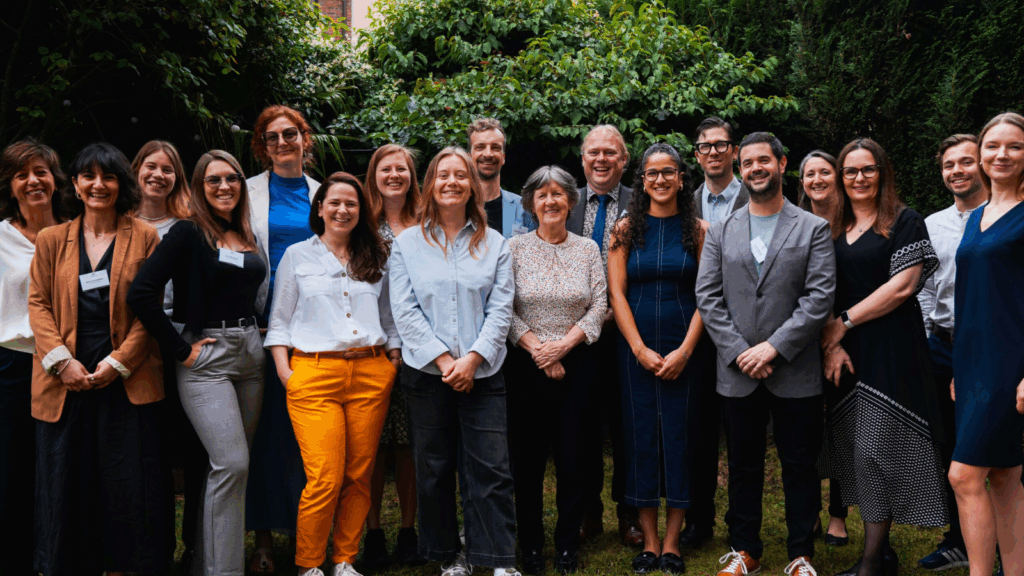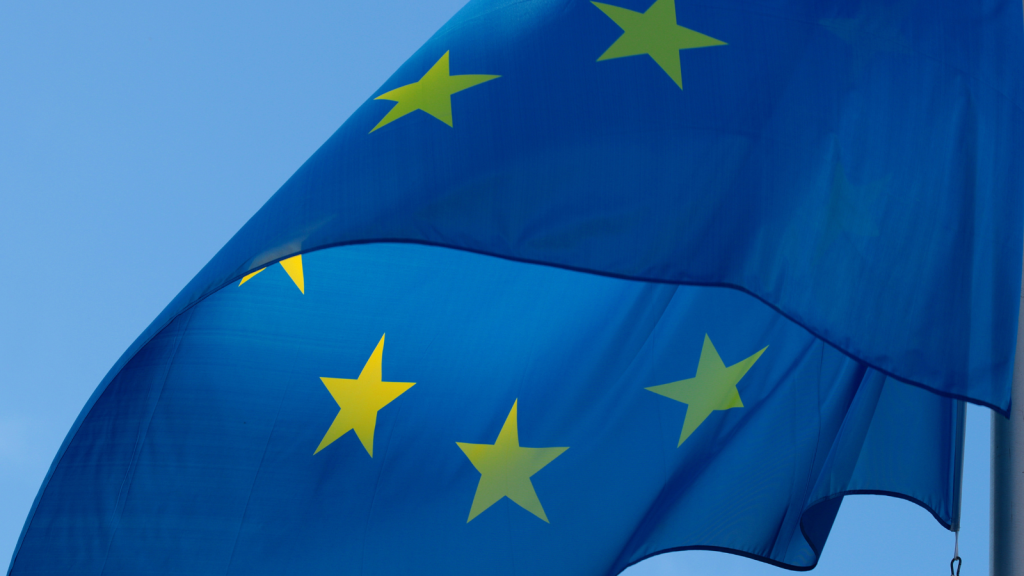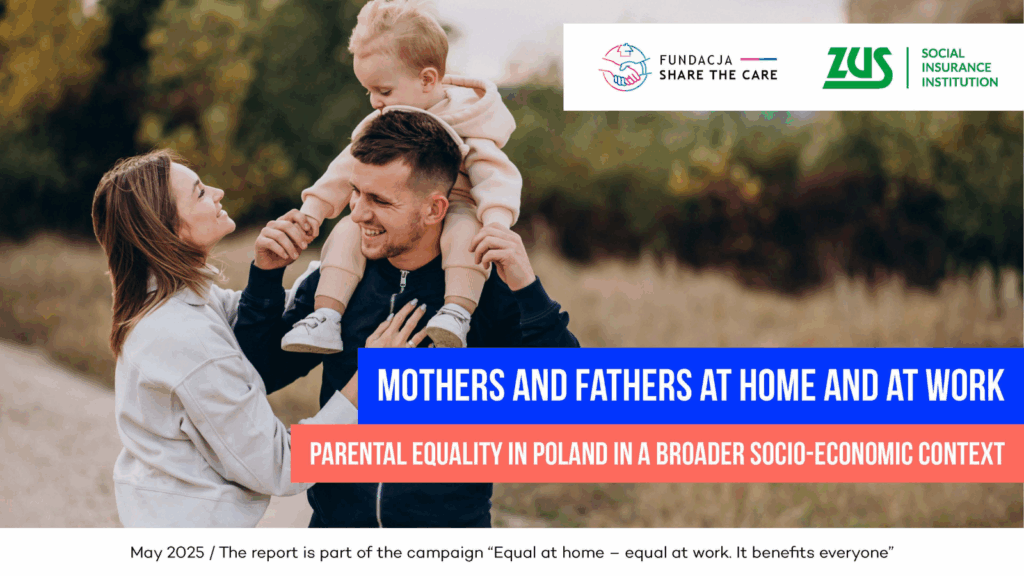The German Association of Family Organisations welcomes the decision made earlier this month by the Bundesrat (the legislative body that represents the sixteen federated states of Germany at the federal level) to adopt a new piece of legislation on the right to all-day care for children of primary school age. AGF believes work must now begin on the quality of the supply of the all-day care, which has received too little attention in the law adopted.
After the agreement in the Mediation Committee and the decision in the Bundestag this week, the Bundesrat also passed the All-Day Care Promotion Act. “This is an important step towards establishing this necessary building block of a demand-oriented and high-quality childcare option for all families in Germany. This is urgently needed, as far too often the transition from daycare to primary school still threatens all-day care security,” says Sidonie Fernau, Chair of the AGF.
The family organisations are relieved that an agreement has been reached in this legislative period in which the federal government and the Länder have come to an agreement on the financing, especially of the running costs of all-day care.
“In order to fulfill the aim of the law, which is to ensure more educational equality at primary school age through all-day care and support, clear guidelines for the quality of the provision are now needed,” says AGF Executive Director Sven Iversen. “The passing of the All-Day Support Act must therefore be the start of a process that focuses on the quality of all-day provision, training, and further education, as well as the recruitment of educational specialists for this area.”
In this legislative period, the AGF had campaigned for the introduction of the right to all-day support and presented requirements for the quality of all-day care for children of primary school age in their report of June 2020.
Photo: ©FatCamera via Canva.com





